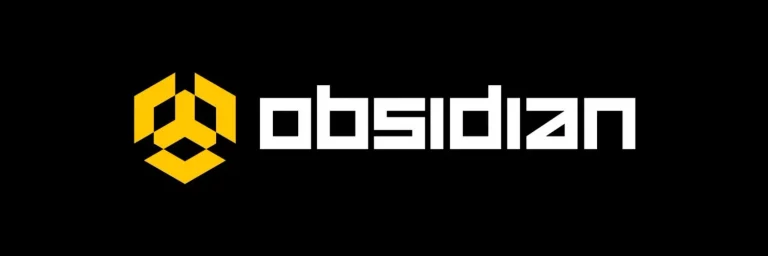
A Web3 Company That Sells Trust
These days, plenty of new crypto and Web3 startups are cropping up online. And why not?
Blockchain technology has been game-changing AF.
Naturally, keyboard Jedis everywhere would seek to cash in on a whole new world of online possibilities.
Many also consider anonymity one of the many pros the blockchain offers. If you count yourself among the throngs of introverted innovators worldwide, it’s safe to say your era has arrived.
Now, people worldwide can work together on crypto startups or Web3 applications, sometimes without identifying themselves with their collaborators. But this perk is not without big fat cons all its own.
Namely, that anonymity can be used for evil. *Cue Darth Vadar music*
Beneath the shiny veneer of innovative new Web3 concepts and decentralized finance, a shadowy underworld still lurks. There, rug pull scams are dressed up to look like innovative new crypto startups, and Web3 applications are infused with hidden motives.
So how the hell is anyone supposed to know who they can trust anymore?
This has become quite the question as we hurdle towards a future where you’ll soon be able to monetize almost anything. It’s also probably what gave one Web3 company the idea of turning trust into a highly lucrative product.
The Rise of the House of Obsidian
The House of Obsidian and the Obsidian Council were first founded by two guys named Jesse Eckel and Matthew Walker. First conceived to bring together a small group of crypto and blockchain fans, the group has now exploded into a huge online community.
Want to learn more about them? You can connect with them directly on Discord, check them out on Medium, or listen to their podcasts on Spotify. But today, we’re more interested in Obsidian’s latest venture.
Well aware that trust is in short supply these days, Obsidian has set themselves up to sell it. Whether you love the idea or hate it, you have to admit that it’s kinda brilliant.
But what exactly does selling trust look like? Obsidian verification can take several forms, all of which are an introverted developer’s dream.
Obsidian’s KYC Identity Management
Let’s say you and your virtual pals have an idea for a new crypto startup. And it’s actually a pretty good one with a lot of potentials.
But there’s just one problem. None of you are really the spotlight type.
Now you’re faced with a terrible choice. You can gain the trust of the masses by revealing yourself to the world or staying in the shadows but risk being mistaken for a scam. Obsidian offers to step in and vet you, so the world doesn’t have to.
If you’re unfamiliar, KYC stands for Know Your Customer, a legal requirement for crypto companies. Basically, it’s meant to ensure that they have enough information on their customers to identify them if they become crypto criminals.
Obsidian’s KYC program is similar, except that it’s meant to verify the legitimacy of the anonymous creators behind new crypto and Web3 startups. While Obsidian doesn’t reveal these creators’ identities to the world, they will put their stamp of approval on them if they turn out to be legit.
Basically, it’s Obsidian’s way of telling the world, “Yeah, these guys are cool.”
Obsidian Enterprise and Developers
Enterprise by Obsidian is also a KYC offering. Still, it’s geared more toward internal use. Maybe you and your co-developers want to share funds with another startup or onboard a new member to your team.
But how are you supposed to know if someone is who they say they are? Obsidian has your back yet again.
They’ll do a little digging and give your group the collective thumbs up as long as it turns out that everyone is legit.
Or maybe you’re just looking for a trustworthy developer in general?
Look no further than Obsidian Developers, a network of pre-vetted blockchain wizards that Obsidian has already given the all-clear. You can filter down your search options by skill level and special skills.
Obsidian Investigations
While this idea looks like it’s still developing, it’s an exciting concept. Obsidian’s investigation wing looks like it’s setting up shop as a crypto private detective agency.
When crypto or Web3 startups of the future discover they’ve been foiled by a scammer, they’ll be able to turn to Obsidian for help. The company’s forensic crypto gumshoes will soon be available to root out information about bad actors like hound dogs on a scent.
From the looks of things, they may even be able to help prevent crimes before they go down. If something feels shady, then Obsidian will soon be there to help you shine a little light on the situation.
If you want to learn precisely how Obsidian’s verification process works, check out this podcast. It will take you behind the scenes with the guy overseeing all of Obsidian’s KYC processes and give you the inside scoop on the startup’s progress.




